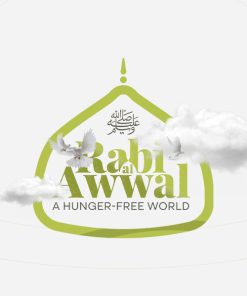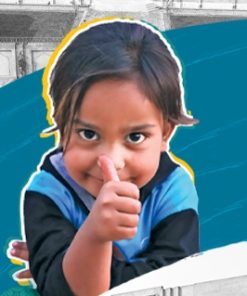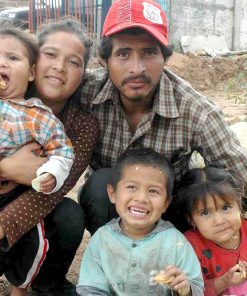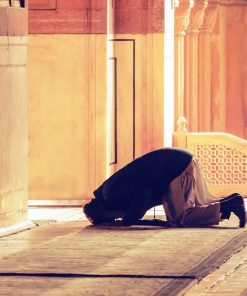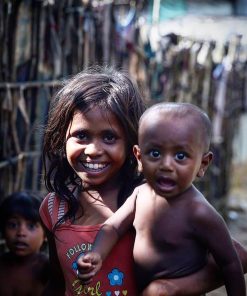In Islam there are two kinds of charity, Zakat (compulsory) and Sadqah (optional). Both types of charities have benefits and are encouraged not just to support the poor and needy but to purify your money, alleviate trial and tribulations, and increase your piety.
Helping the poor and needy is within the fundamental principles of every faith. Sacred Offerings are within the fabric of every act of worship.

Charity
is a pillar of Islam, giving charity supports those in need and allows them to get the necessities of life such as food, shelter, and medication.
Sadaqah can be broken down into two categories:
Sadaqah
Sadaqah is a voluntary act of charity, for the sake of Allah. These actions are not always physical or monetary; simple acts are all seen as sadaqah such as good deeds, providing a helping hand, and even something as little as a smile.
Sadaqah Jariyah
Continuous charity (sadqah jariya) rtefers to such a good deed, the benefit of which is continuous and the reward for it will be given to the person who performs that act throughout his life and after it.
Abu Hurayra narrates the Holy Prophet PBUH:
When a person dies his actions are terminated except for three: continuous charity (sadqah jariya), beneficial knowledge, and a righteous child who prays for him. Muslim
Benefits of Sadaqah in Islam
The benefits of these charitable actions are defined by many of the teachings of The Holy Prophet Muhammad PBUH. These actions are so rewarding that they will continue long after a person is gone as long as others continue to enjoy the benefits of the act.
You can also give sadaqah jariyah (ongoing charity) on behalf of your loved ones, and they will continue to receive the reward of the charity as long as others continue to benefit from it.
We at Minhaj Welfare Foundation have a number of different campaigns and humanitarian projects supporting the poor and deprived people across the world. Your support in form of Sadaqah will help us keep going on with welfare projects.
- What is Fitrana?
- When Should You Pay Fitrana?
- Who Should Pay Zakat-ul-Fitr?
- How Much is Zakat-ul-Fitr in the Netherlands?
Also called Zakat-ul-Fitr is the charity that Muslims must pay in at the end Ramadan before Eid prayer. This payment is intended to give those in poverty the opportunity to participate in Eid-ul-Fitr.
Zakat-ul-Fitr must be paid before Eid prayer to allow your donation to reach those who need it in time.
Every Muslim must pay Zakat-ul-Fitr, regardless of age. The head of the household may make the family’s payment on behalf of their dependents.
The Zakat-ul-Fitr amount is based upon the current price of staple foods such as rice, flour, and wheat at a specified weight. Therefore, Fitrana is equal to approximately €8 per person.


